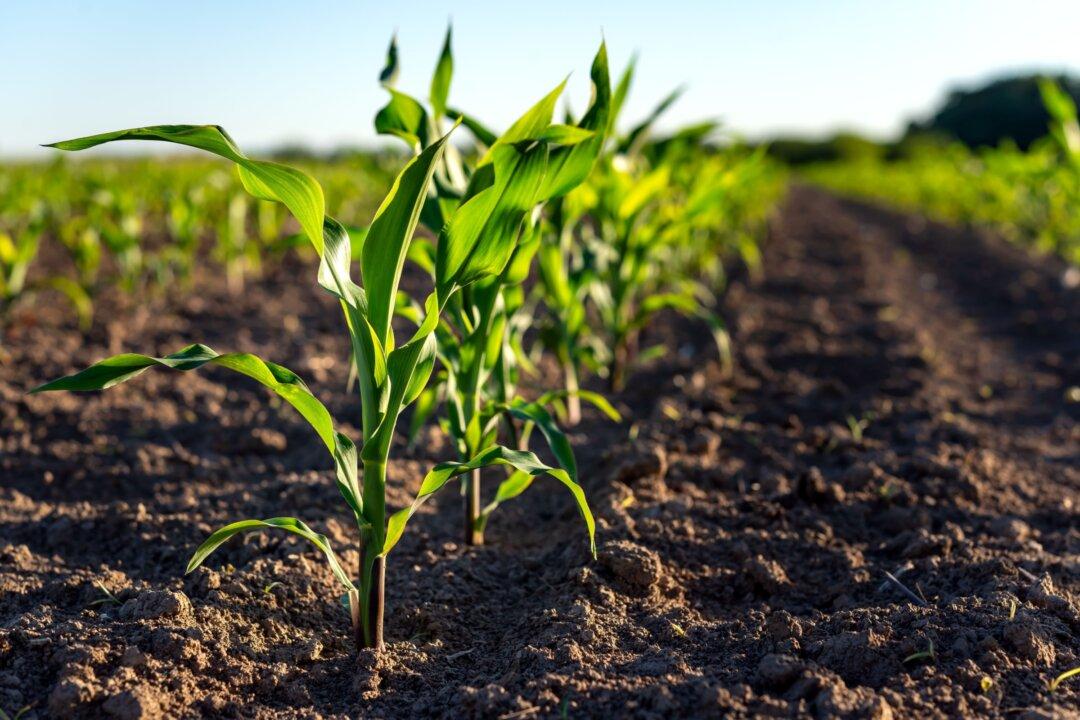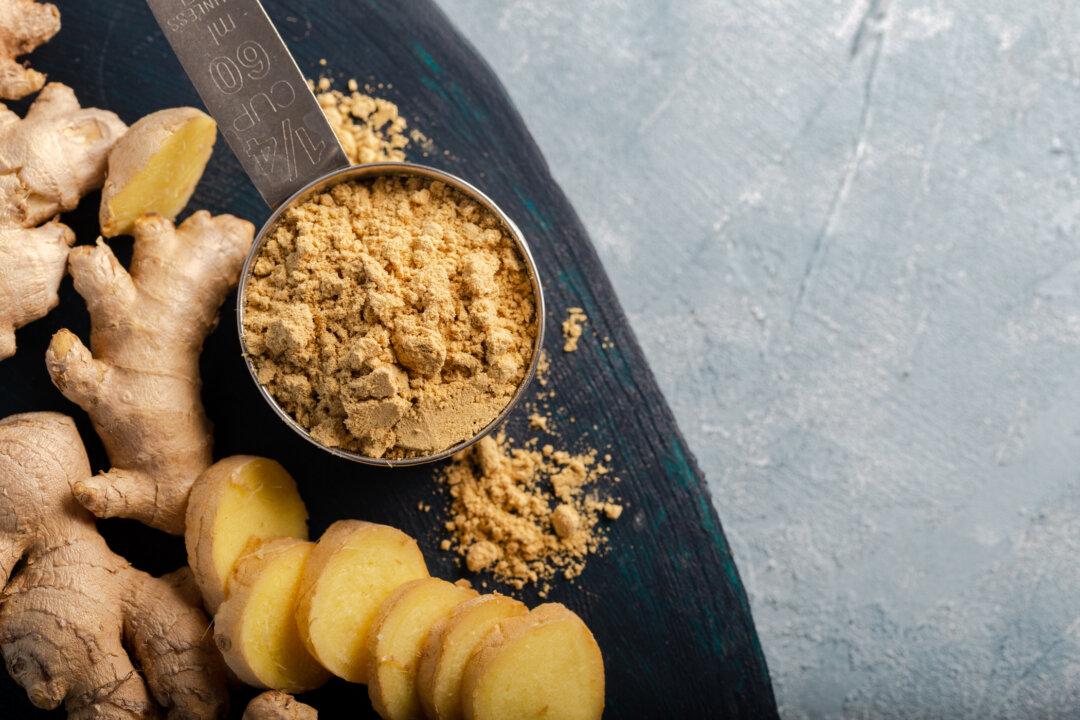Those hoping to enhance their longevity may want to look to gingko biloba, a plant sometimes considered a “living fossil” thanks to its ability to survive conditions that would otherwise kill or dramatically shorten the lifespan of most other species
There is a thread of biological immortality woven into all living things. Anything that breathes or pulsates with life holds a germline of genetic information that originated from a last universal common ancestor (LUCA), and from which all living things—plants, bacteria, fungi, and animal included—descended about 3.4 billion years ago. While somatic cells within multicellular organisms perish, their germline stem cells are capable of infinite self-replication, which in the case of gingko biloba’s meristematic stem cells, has been going on for at least a quarter of a billion years.
Ginkgo biloba is the world’s oldest living plant and is known as a “living fossil” because it has no close living relatives, and appears to be the same as a plant species dating back 270 million years (Permian) in the fossil record. It is also one of a rare few (6 percent) dioecious flowering plants, meaning it has distinct male and female organisms.

Interestingly, the same plant that survived radioisotopes released by nuclear blast, including radioiodine-131, is capable of conferring radioprotective properties to humans exposed to at least one of the same elements.
“Ginkgo not only has a reputation for longevity, with some plants living to over 1,000 years, but it appears willing to confer longevity to those who use consume it extracts of it.”Indeed, a solid body of preclinical and clinical research indicates that it is useful in age-associated cognitive decline, e.g. Alzheimer’s disease, dementia, as well as age-associated visual disturbances such as glaucoma.

- Aging
- Aging: Brain
- Allergic Airway Diseases
- Allergic Conjunctivitis
- Aluminum Toxicity
- Alzheimer’s Disease
- Amyotrophic Lateral Sclerosis
- Anosmia
- Arterial Thickening
- Arteriosclerosis
- Aspiring-Induced Toxicity
- Asthma
- Attention Deficit Disorder
- Attention Deficit Disorder with Hyperactivity
- Autism Spectrum Disorder
Also, many herbs are subject to “cold pasteurization” with gamma radiation, indicating that they could contain formaldehyde and formic acid, as well as unique radiolytic byproducts that can be toxic. Ask the manufacturer if they have tested their raw material for such exposure, or opt for a certified organic brand if accessible.
Finally, remember that accelerated aging and cognitive decline is not caused by a lack of herbs like gingko biloba, and therefore it is always best to first embark on significant lifestyle and dietary changes, including gentle detoxification strategies, than to fall prey to the allure of “magic bullets,” even natural ones.




